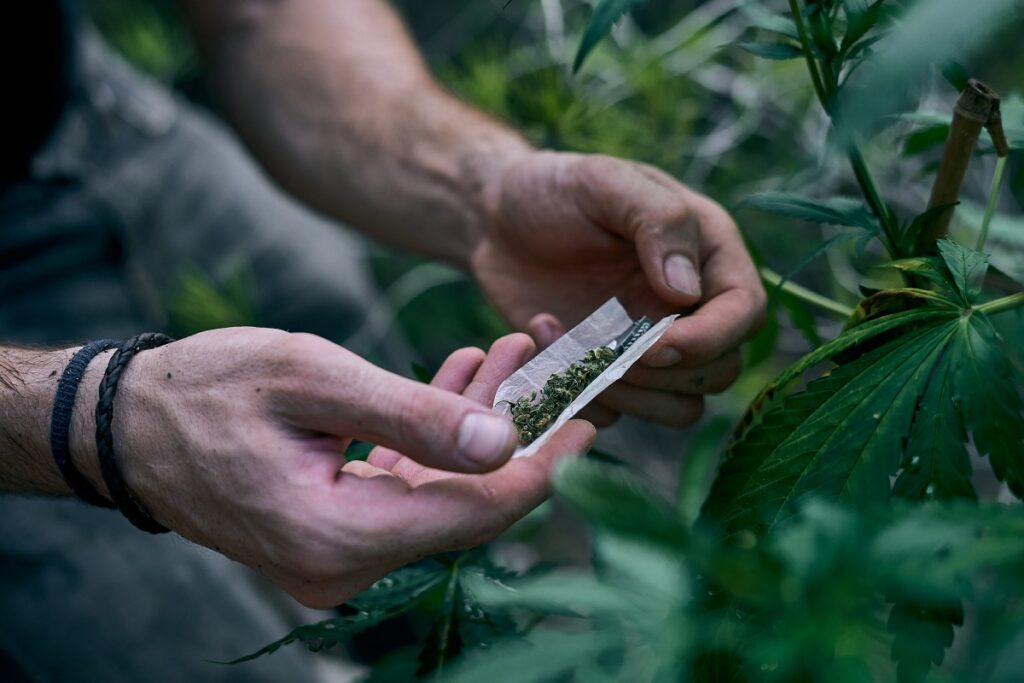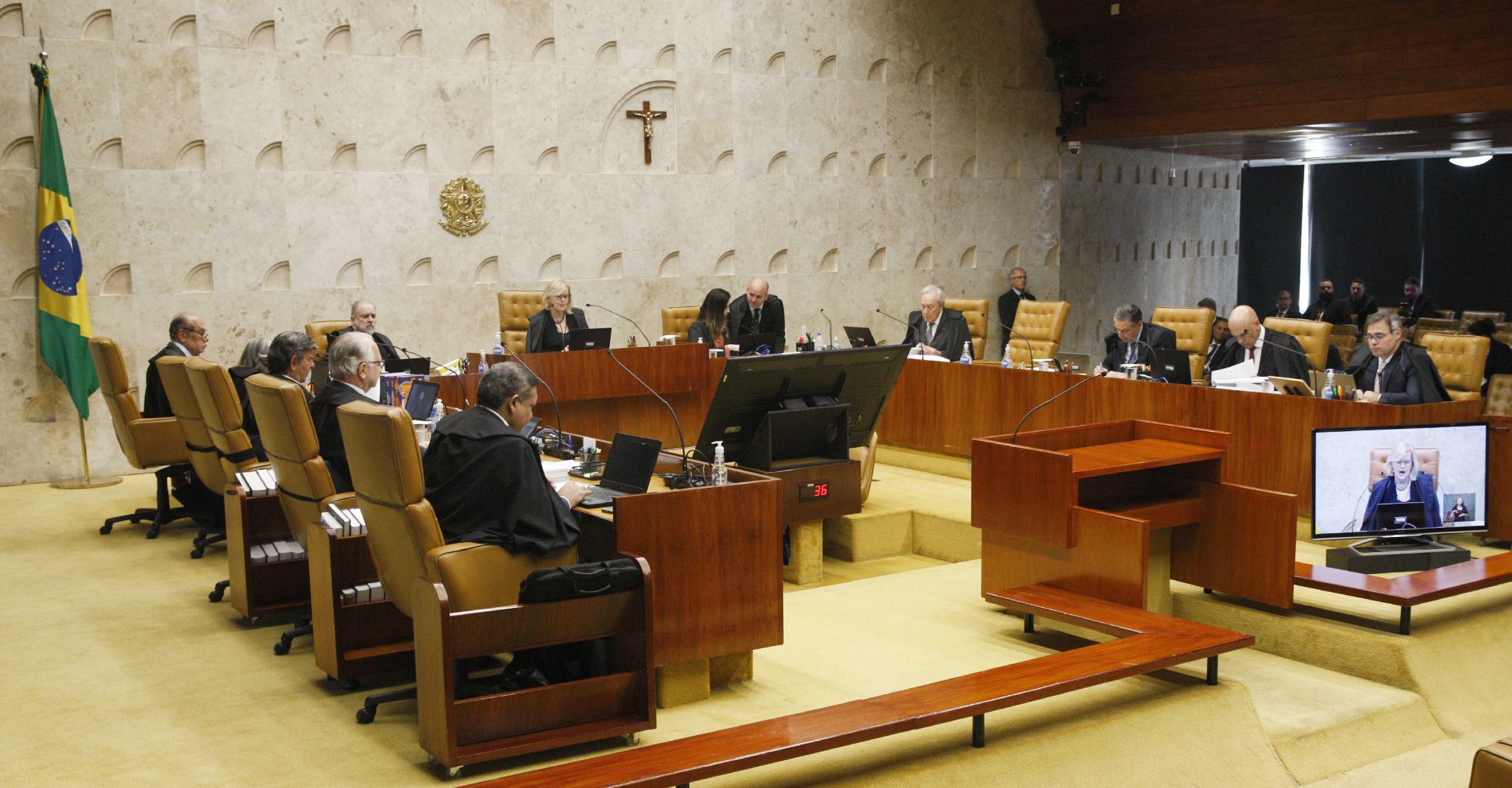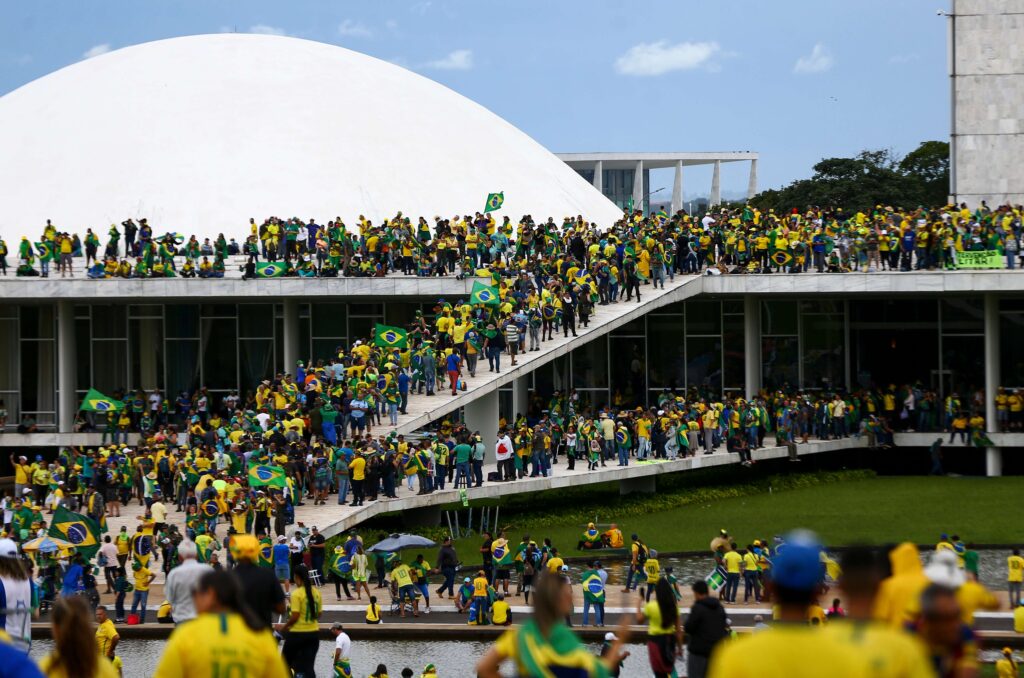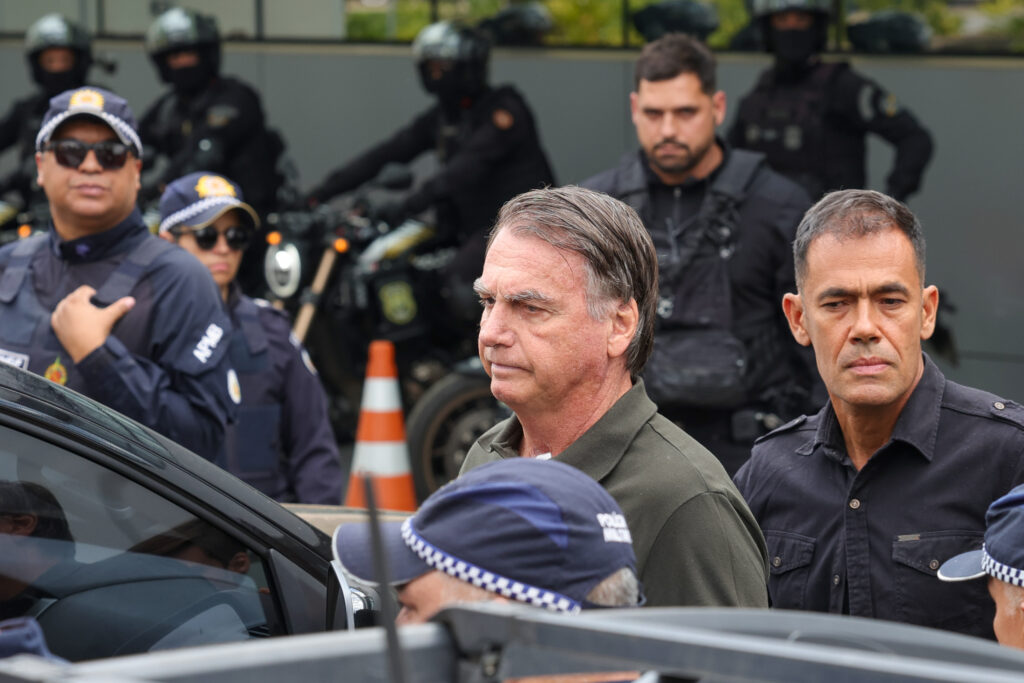São Paulo, Brazil – Brazil’s Supreme Court on Wednesday ruled to decriminalize the possession of marijuana for personal use up to 40 grams of the substance.
The ruling attempts to make a clearer distinction between drug user and dealers; now anyone caught with up to xx grams of marijuana will no longer be arrested or prosecuted for drug dealing.
Brazilian law treats drug dealing as a severe crime, with penalties ranging from five to 15 years in prison, in addition to specific aggravating factors that can increase the sentence depending on the circumstances, such as trafficking drugs abroad or selling drugs to minors.
The Court’s decision aims to differentiate between drug dealers, members of large criminal groups, and small users who consume marijuana for personal use. Until now, the legislation did not make this distinction.
Now, possessing up to 40 grams of marijuana may only result in administrative penalties and not criminal penalties.
The topic of drug legalization is controversial in Brazil. Today’s ruling came after a nine-year effort to adjudicate the case following many postponements and setbacks.

In the ruling, Supreme Court President Justice Luís Roberto Barroso made it clear that the decision does not legalize marijuana outright. He clarified that the Court still considers marijuana possession an illicit behavior but only removes the possibility of criminal penalties.
“Let it be clear to the entire population that marijuana consumption continues to be considered illicit because this is the will of the legislature,” said Barroso.
The judge said that legalization of marijuana is not within the Supreme Court’s purview but should be addressed by Congress, which could pass a bill to that effect. The Court’s decision, rather, is limited to penalties applied to those caught with the substance.
Brazil’s conservative majority in Congress isn’t happy with the Court’s ruling and is already discussing a new bill to criminalize the possession of any quantity of marijuana, even for personal use, which would invalidate the Court’s decision. The proposal is in the Senate, with no date set for a vote.
Senate President Rodrigo Pacheco criticized the Supreme Court’s decision, stating that the judges were “overstepping the authority” of Congress.
“I disagree with the Supreme Court’s decision. There is a logic that, in my opinion, cannot be overturned by a court decision that decriminalizes a certain narcotic substance, encroaching on the legislative authority that belongs to Congress,” he said.










